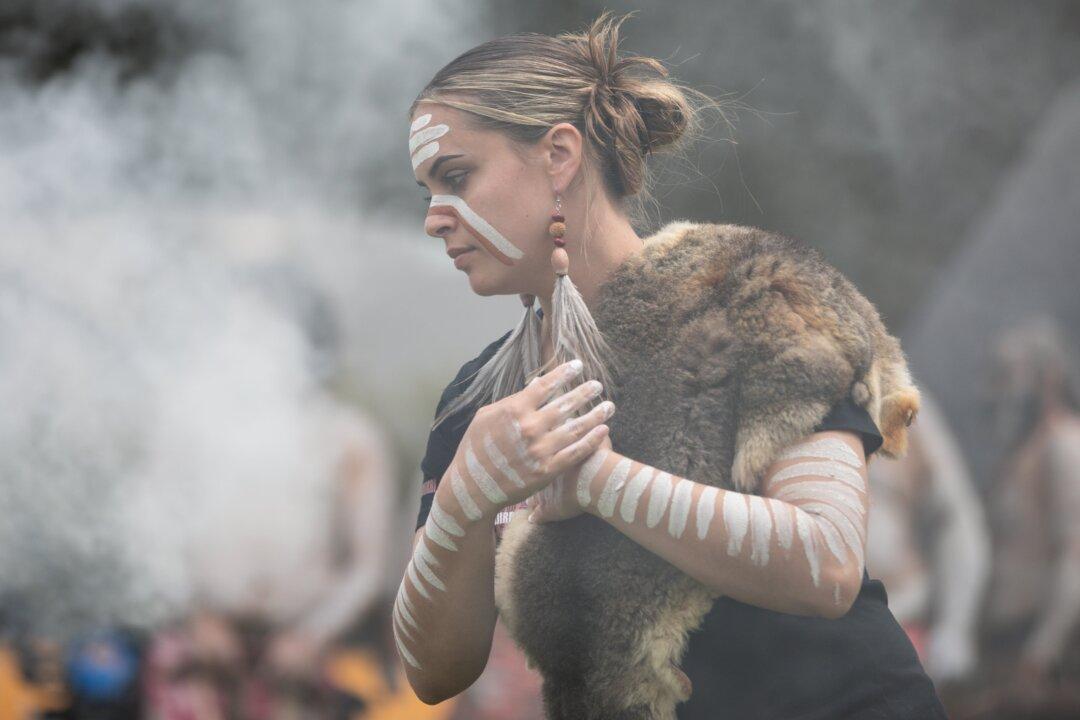Commentary
There is no denying the reality that a constitutional convention held in 2017 near Uluru galvanised a movement to amend the Australian Constitution. The “Uluru Statement from the Heart” (pdf) invites people to walk with Aboriginals and Torres Strait Islanders “in a movement of the Australian people for a better future.”





